A Traves De La Biblia – (Spanish)
$17.99
This simple illustration will help you understand the purpose of the text; it will give you a general understanding of the content of every book in the Bible. We will be able to select the material from the sixty-six “books” of the bible.
in stock within 3-5 days of online purchase
SKU (ISBN): 9780829705126
ISBN10: 0829705120
Language: Spanish
Myer Pearlman
Binding: Trade Paper
Published: June 1995
Publisher: Editorial Vida
Related products
-
Isaiah 1-33 (Revised)
$69.99Add to cartThe Word Biblical Commentary delivers the best in biblical scholarship, from the leading scholars of our day who share a commitment to Scripture as divine revelation. This series emphasizes a thorough analysis of textual, linguistic, structural, and theological evidence. The result is judicious and balanced insight into the meanings of the text in the framework of biblical theology. These widely acclaimed commentaries serve as exceptional resources for the professional theologian and instructor, the seminary or university student, the working minister, and everyone concerned with building theological understanding from a solid base of biblical scholarship.
Overview of Commentary Organization
*Introduction-covers issues pertaining to the whole book, including context, date, authorship, composition, interpretive issues, purpose, and theology.
*Each section of the commentary includes:
*Pericope Bibliography-a helpful resource containing the most important works that pertain to each particular pericope.
*Translation-the author’s own translation of the biblical text, reflecting the end result of exegesis and attending to Hebrew and Greek idiomatic usage of words, phrases, and tenses, yet in reasonably good English.
*Notes-the author’s notes to the translation that address any textual variants, grammatical forms, syntactical constructions, basic meanings of words, and problems of translation. *Form/Structure/Setting-a discussion of redaction, genre, sources, and tradition as they concern the origin of the pericope, its canonical form, and its relation to the biblical and extra-biblical contexts in order to illuminate the structure and character of the pericope. Rhetorical or compositional features important to understanding the passage are also introduced here.
*Comment-verse-by-verse interpretation of the text and dialogue with other interpreters, engaging with current opinion and scholarly research.
*Explanation-brings together all the results of the discussion in previous sections to expose the meaning and intention of the text at several levels: (1) within the context of the book itself; (2) its meaning in the OT or NT; (3) its place in the entire canon; (4) theological relevance to broader OT or NT issues.
*General Bibliography-occurring at the end of each volume, this extensive bibliographycontains all sources used anywhere in the commentary. -
Jude-2 Peter
$44.99Add to cartThe Word Biblical Commentary delivers the best in biblical scholarship, from the leading scholars of our day who share a commitment to Scripture as divine revelation. This series emphasizes a thorough analysis of textual, linguistic, structural, and theological evidence. The result is judicious and balanced insight into the meanings of the text in the framework of biblical theology. These widely acclaimed commentaries serve as exceptional resources for the professional theologian and instructor, the seminary or university student, the working minister, and everyone concerned with building theological understanding from a solid base of biblical scholarship.
Overview of Commentary Organization
Introduction-covers issues pertaining to the whole book, including context, date, authorship, composition, interpretive issues, purpose, and theology. Each section of the commentary includes: Pericope Bibliography-a helpful resource containing the most important works that pertain to each particular pericope. Translation-the author’s own translation of the biblical text, reflecting the end result of exegesis and attending to Hebrew and Greek idiomatic usage of words, phrases, and tenses, yet in reasonably good English. Notes-the author’s notes to the translation that address any textual variants, grammatical forms, syntactical constructions, basic meanings of words, and problems of translation. Form/Structure/Setting-a discussion of redaction, genre, sources, and tradition as they concern the origin of the pericope, its canonical form, and its relation to the biblical and extra-biblical contexts in order to illuminate the structure and character of the pericope. Rhetorical or compositional features important to understanding the passage are also introduced here. Comment-verse-by-verse interpretation of the text and dialogue with other interpreters, engaging with current opinion and scholarly research. Explanation-brings together all the results of the discussion in previous sections to expose the meaning and intention of the text at several levels: (1) within the context of the book itself; (2) its meaning in the OT or NT; (3) its place in the entire canon; (4) theological relevance to broader OT or NT issues. General Bibliography-occurring at the end of each volume, this extensive bibliographycontains all sources used anywhere in the commentary. -
Pentateuch As Narrative
$34.99Add to cartMost scholars studying the first five books of the Bible either attempt to dissect it into various pre-pentateuchal documents or, at the very least, analyze Genesis, Exodus, Leviticus, Numbers, and Deuteronomy as separate, self-contained documents. The Pentateuch As Narrative focuses on the narrative and literary continuity of the Pentateuch as a whole. It seeks to disclose how the original Jewish readers may have viewed this multivolume work of Moses. Its central thesis is that the Pentateuch was written from the perspective of one who had lived under the Law of the Covenant established at Mount Sinai and had seen its failure to produce genuine trust in the Lord God of Israel. In this context, the Pentateuch pointed the reader forward to the hope of the New Covenant, based on divine faithfulness. Throughout the commentary Dr. Sailhamer pays close attention to and interacts with a wide range of classical and contemporary literature on the Pentateuch, written by Jews, Catholics, and Protestants.

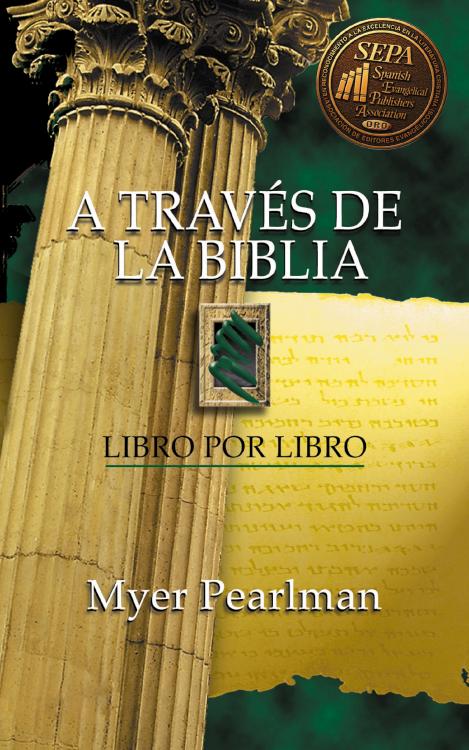
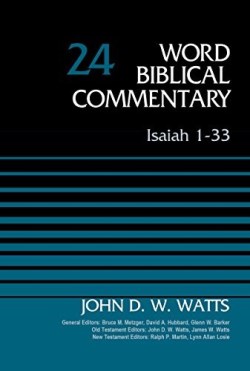
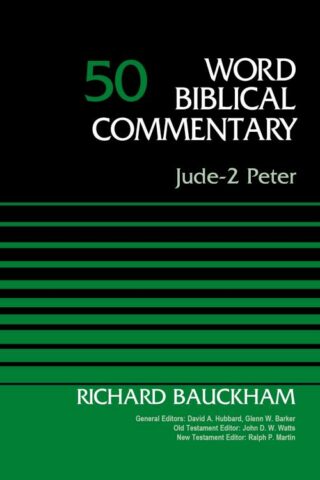
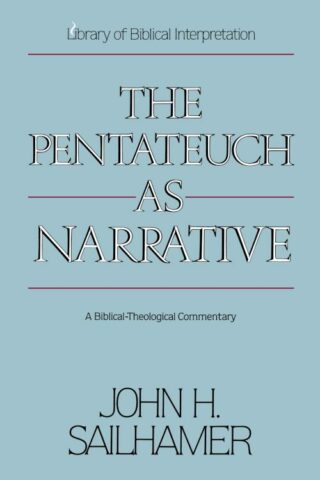
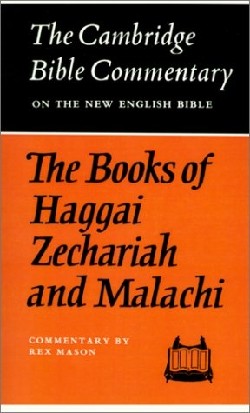
Reviews
There are no reviews yet.